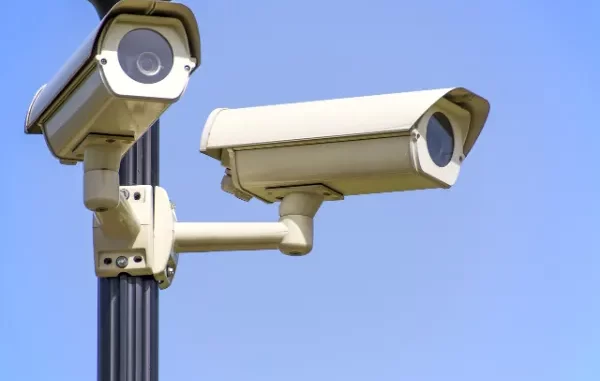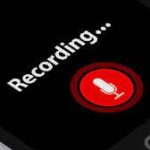
By Kyrt Smith, Contributing Writer
The Privacy Breaches: Dealing with Unauthorized Recordings
In an age of smartphones and superior technology, the difficulty of privacy infringement is more pertinent than ever. The act of recording someone without their consent can be invasive, leading to concerns about personal safety and consent. This comprehensive article examines the criminal and sensible steps you can actually take in the event that they find out that they have been recorded without their permission.
Understanding Privacy Laws
Laws regarding recording without consent range from jurisdiction to jurisdiction. In many places, recording a person without their explicit permission is considered a violation of their privacy rights. These legal guidelines typically apply to both audio and visible recordings. Understanding the legal guidelines based on your location is essential while addressing such incidents.
1. Assess the Situation
Upon coming across that you had been recorded with out consent, take a moment to evaluate the situation. Consider who recorded you, the context in which it happened, and whether or not the recording was made in a public or personal setting.
2. Gather Evidence

If possible, gather evidence of the unauthorized recording. This may encompass screenshots, pictures, or any other proof that the recording occurred without your understanding or consent.
3. Communicate Your Concerns
If you have a date with the individual who recorded you, talk about your issues. Express your discomfort and ask for evidence. Sometimes, misunderstandings may be resolved through open dialogue.
Legal Steps Regarding Recording Without Consent
If the state of affairs can’t be resolved amicably, or if you accept as true that your privacy rights have been significantly violated, don’t forget to file a criminal motion.
1. Consult a Legal Expert
Seek advice from a prison expert who specializes in privateness and media law. They can guide you through the legal guidelines applicable to your jurisdiction and propose capacity courses of action.
2. Cease and Desist Letter
A give-up-and desist letter is a proper legal document that requests the person who recorded you to prevent the use of or dispensing of the recording. It serves as a caution and may be a precursor to prison action if ignored.
3. Report to Authorities
If the recording entails touchy or compromising content and your privacy rights were egregiously violated, you would possibly consider reporting the incident to nearby law enforcement.
Protecting Yourself

To prevent unauthorized recordings inside the destiny, do not forget those steps:
1. Educate Others: Inform your friends, family, and associates approximately the significance of consent in terms of recording others. Encourage respectful behavior and open communication.
2. Be Mindful of Your Surroundings: When in public places, be aware that you are probably captured in the history of someone else’s recording. While you cannot control this entirely, retaining consciousness can help protect your privacy.
3. Secure Your Devices: Ensure that your gadgets are stable and that you are careful when granting permissions to apps that request access to your digicam or microphone.
Conclusion: What can I do if Someone Recorded Me Without My Consent
The act of recording a person without their consent is a breach of private privacy that increases ethical and felony concerns. Understanding your rights, collecting proof, and looking for criminal advice are essential steps to take when faced with such a situation. Open communication, expertise in privacy laws, and a dedication to fostering respectful surroundings can together make contributions to safeguarding personal privacy in an increasingly interconnected international world.






Leave a Reply